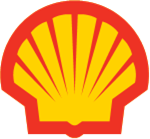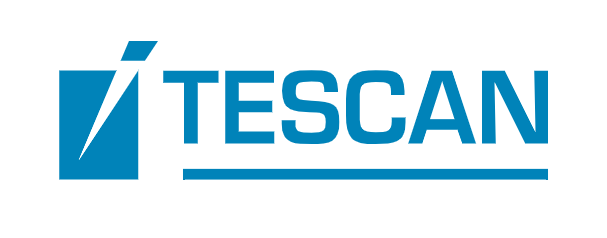Speaker
Description
Traditional flow-based two-phase upscaling entails the computation of upscaled relative permeability functions for each coarse block or interface. It can be very time-consuming especially for large models with a large quantity of coarse gird blocks or for cases that requires simulation runs over multiple geological realizations (as commonly used in uncertainty quantification or optimization). In this work, we introduce machine learning (ML) methods into the two-phase upscaling procedure to significantly speed up the upscaling computations. In the new procedure, the flow-based relative permeability upscaling is performed only for representative coarse blocks/interfaces, while the upscaled functions for the majority of the coarse blocks are provided by the ML methods.
The new upscaling procedure entails a few steps. First, a ML method is applied to select the representative coarse blocks/interfaces based on the static permeability distribution associated with the target regions. Flow-based two-phase upscaling is then performed for the selected blocks/interfaces to build a database. A different ML model can then be constructed to reveal the relationship between the upscaled relative-permeability functions and the corresponding static permeability distribution. This ML model is finally used to give the upscaled relative permeability functions for the rest of the coarse blocks/interfaces. In this work, both the local and extended local two-phase upscaling approaches with generic pressure and saturation boundary conditions and effective flux boundary conditions are incorporated with the ML-based upscaling procedure.
We test the new upscaling procedure for generic (left to right) flow problems using 2D models for oil-water two-phase systems. Both Gaussian and channelized permeability fields are considered. Extensive numerical results have shown that the coarse-scale simulation results using the ML-based upscaling procedure are of similar accuracy compared to those using full flow-based upscaling. The relative errors of the total production rate and water cut are within 5%. Besides, at least one order of magnitude speedups achieved, which are quite significant. Higher speedup is observed for models with larger dimensions.
The ongoing work includes extending the procedure into 3D models, and testing it for actual field problems with more complex model geometry.
| Time Block Preference | Time Block A (09:00-12:00 CET) |
|---|---|
| Student Poster Award | Yes, I would like to enter this submission into the student poster award |
| Acceptance of Terms and Conditions | Click here to agree |






